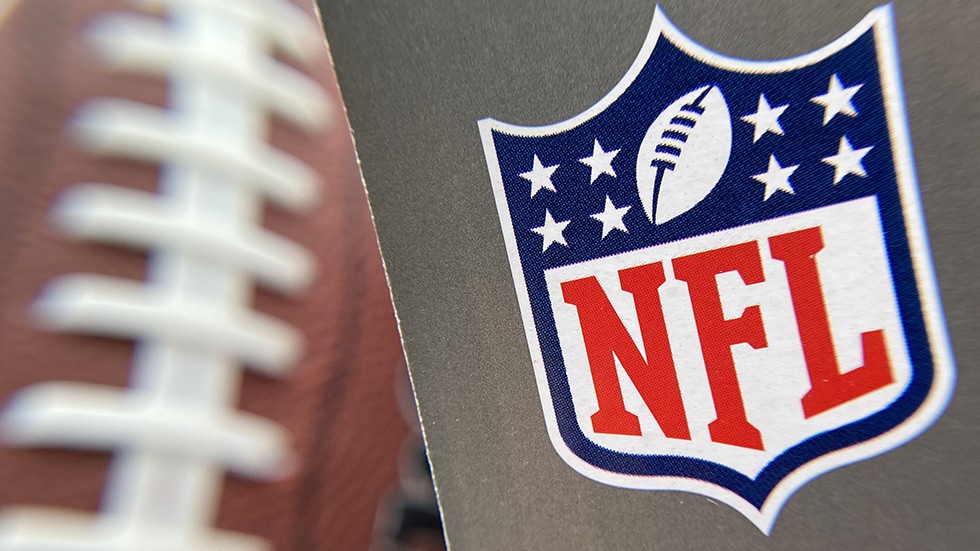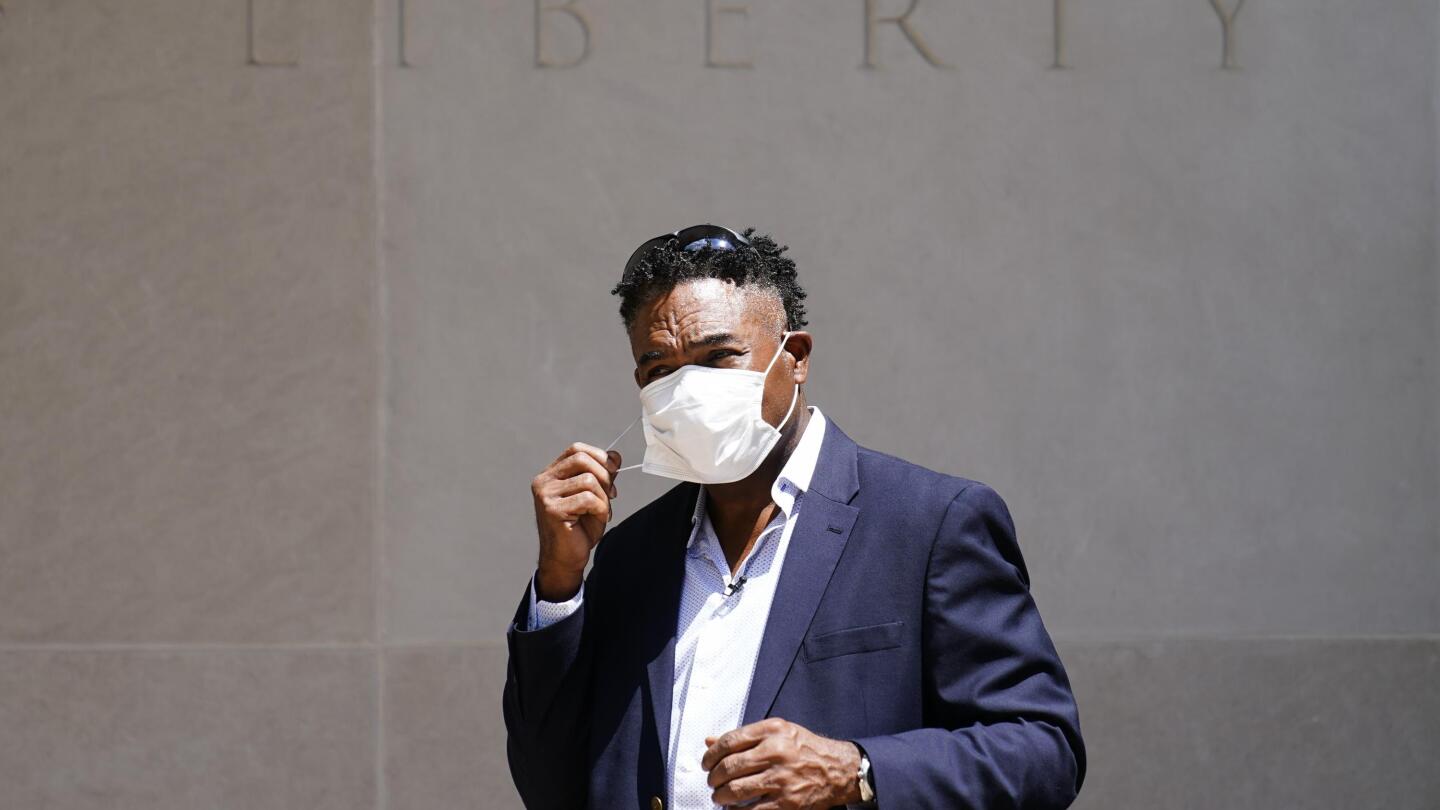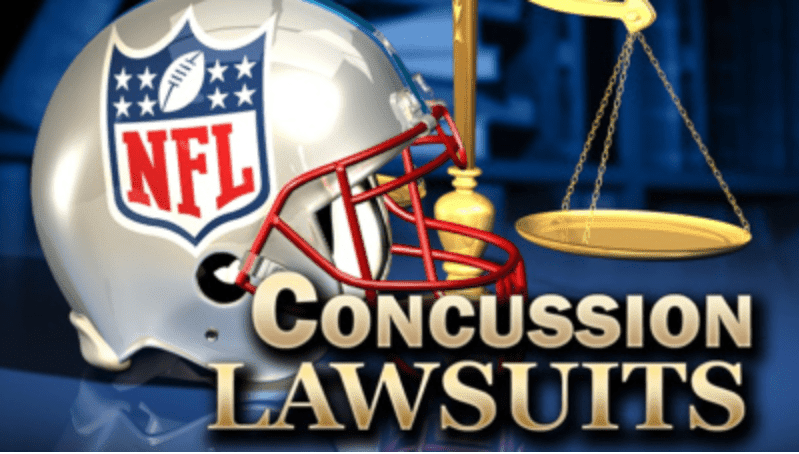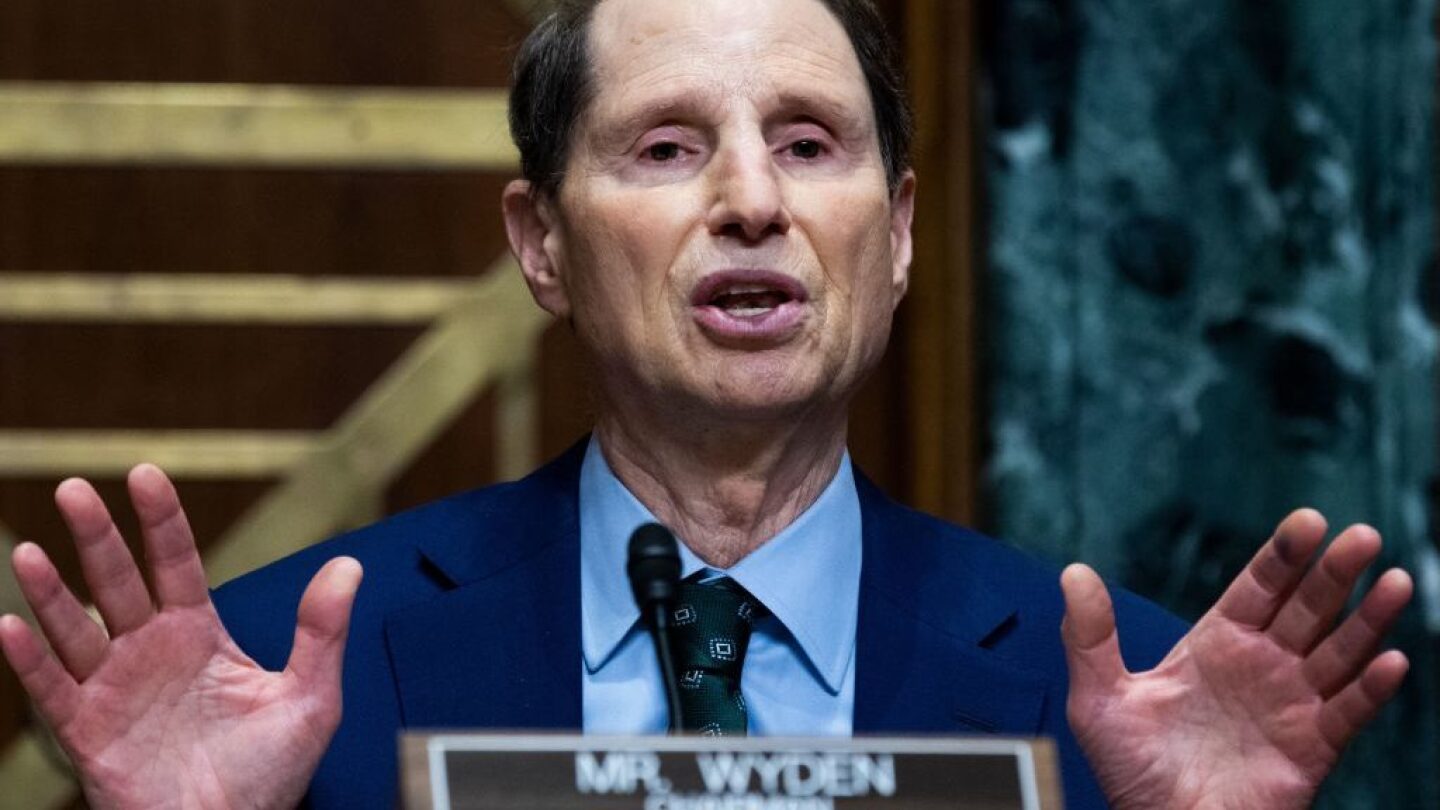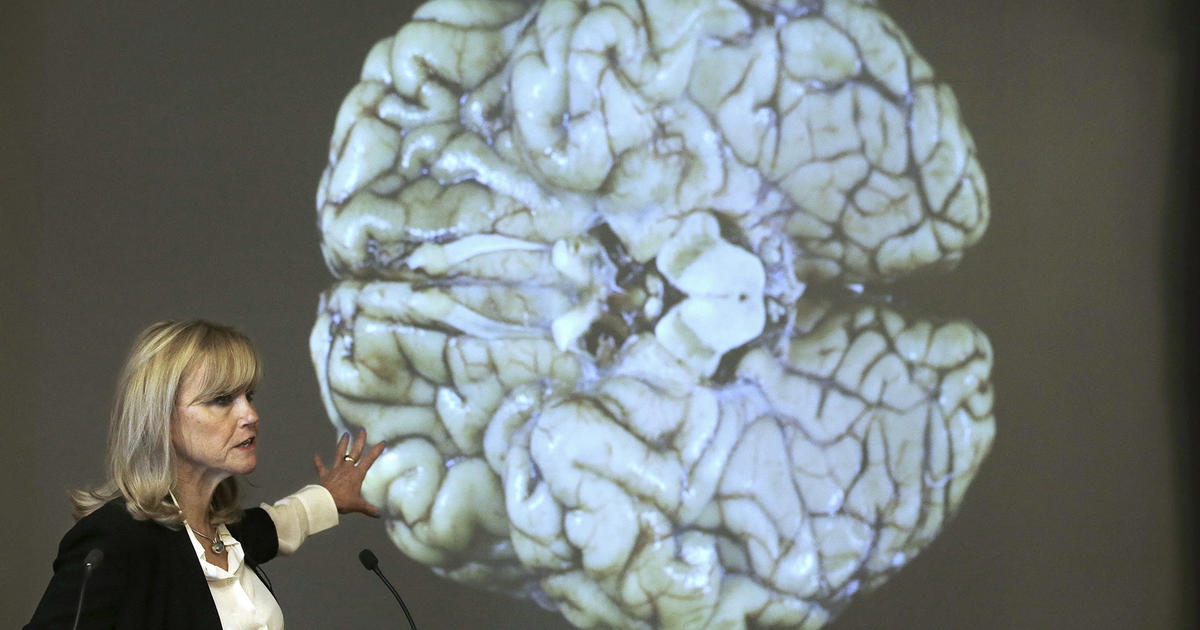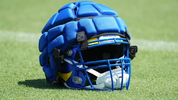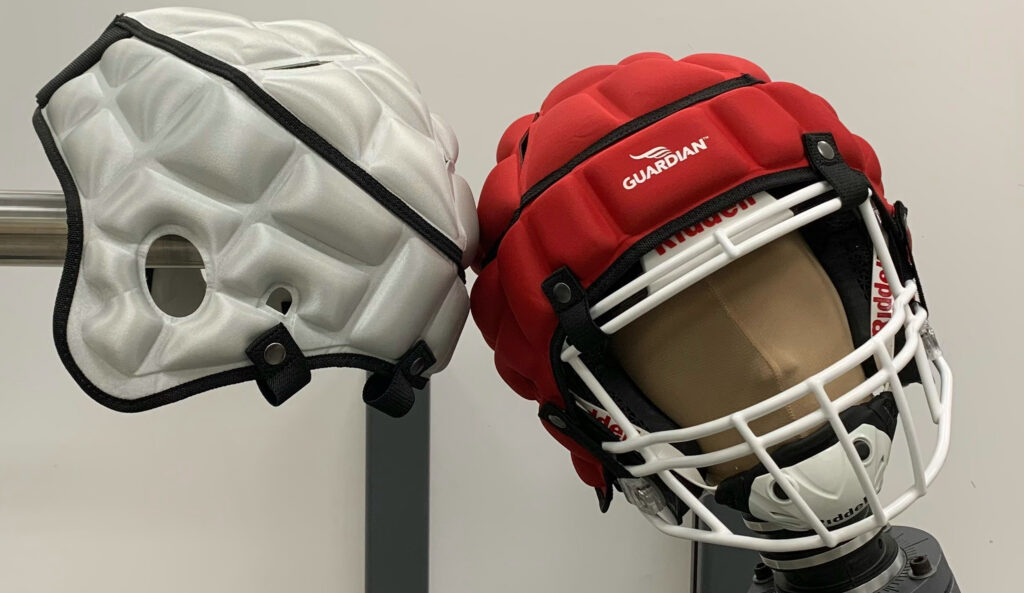- Sep 6, 2005
- 144,998
- 94,845
- AFL Club
- Fremantle
The NFL reported that concussion totals slightly increased in 2019.
NFL officials are still pleased with the numbers, as the 2019 total is far fewer than the 2017 total. The staggering number of concussions in 2017 led to many changes, including some high-risk activities being banned, like the Oklahoma drill. As the reports show, those changes have improved player safety. ACL and MCL tears were also less frequent this year, potentially pointing towards fewer season-ending injuries across the league. Expect the NFL to continue to implement new rules that will help mitigate injuries.
SOURCE: NFL.com
Jan 23, 2020, 8:04 PM ET
NFL officials are still pleased with the numbers, as the 2019 total is far fewer than the 2017 total. The staggering number of concussions in 2017 led to many changes, including some high-risk activities being banned, like the Oklahoma drill. As the reports show, those changes have improved player safety. ACL and MCL tears were also less frequent this year, potentially pointing towards fewer season-ending injuries across the league. Expect the NFL to continue to implement new rules that will help mitigate injuries.
SOURCE: NFL.com
Jan 23, 2020, 8:04 PM ET



